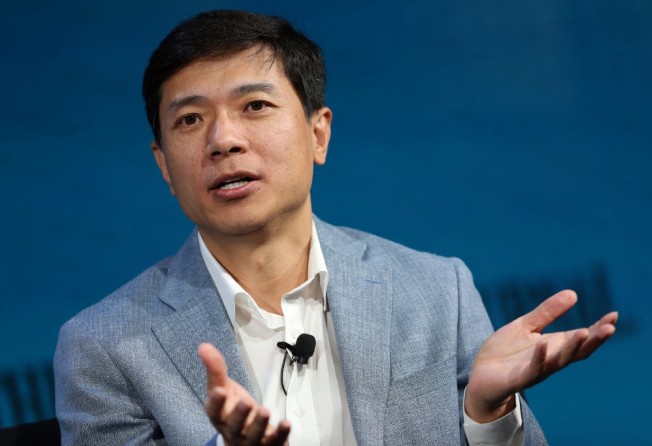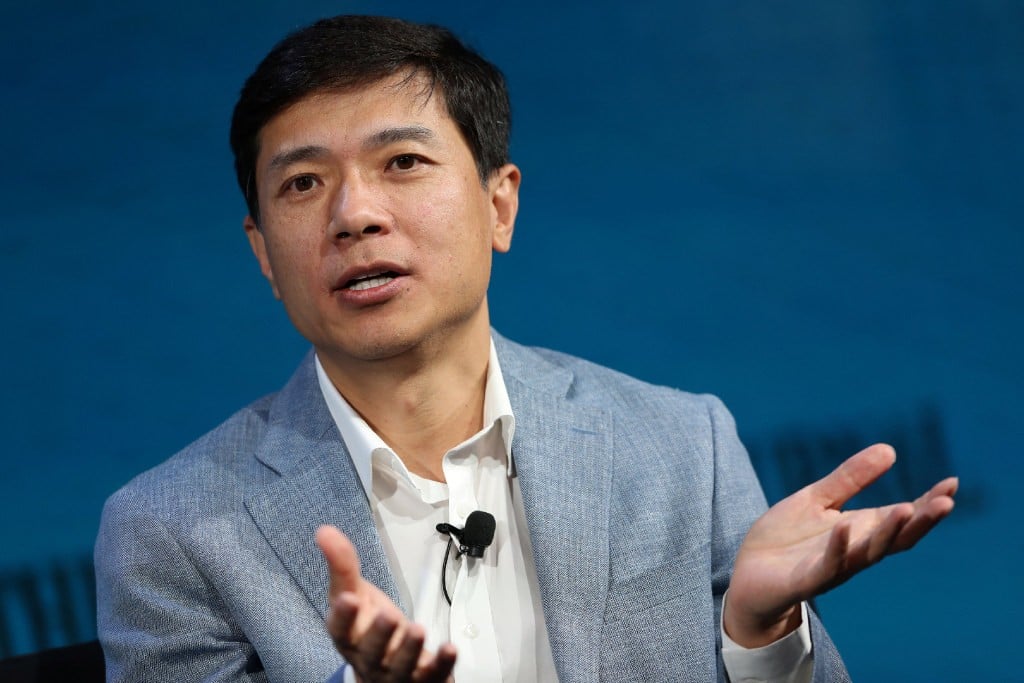Baidu’s CEO Robin Li isn’t afraid of Google’s rumored comeback to China
Head of China’s biggest search engine speaks out after state media welcomed Google’s return

If Google brings a censored version of its search engine back to China as a report suggested last week, it will be up against a formidable rival: Baidu. The Chinese search engine is the world’s fourth most visited website, commanding a whopping 74% of China’s online search market.
It’s unclear when or if this will actually happen. But this week, state media People’s Daily tweeted a commentary from sister tabloid Global Times, welcoming Google’s return to China as long as it follows the law -- according to the South China Morning Post.
The high-profile support, coming from the Communist Party’s official newspaper, caught the eye of Robin Li. Referring to the commentary in a WeChat post, the Baidu founder and CEO says he’s confident his company will beat Google.
“Chinese tech companies today have enough power and confidence to grow stronger through benign competition with international businesses,” writes Li.
“If Google decides to return to China, we are extremely confident that we will PK again, win again.”
(PK, originally a gaming term that stands for “player killing”, is used as a slang in China to describe the act of defeating a rival.)

Baidu’s long-held dominance could be one reason why Li sounds so assured.
Before Google pulled its main services from mainland China in 2010, Baidu’s search engine already held an overwhelming share of the market. According to a research note from Bloomberg Intelligence, Baidu’s search engine had nearly 80% of the traffic.
“Over the years, Baidu is thought to have taken advantage of Google’s exit from China,” Li says. “If Google returns now, we can PK with real swords and real spears, and win again.”
But the internet landscape in China today is vastly different from how it was eight years ago. The number of mobile internet users have more than doubled, leaving more space for competition. Among the few Google apps that are currently usable in China, Translate and Snapseed have been gaining users. Meanwhile, there are growing concerns over the quality of Baidu’s search results.
Still, Li suggests Google could be up for a tough fight in China.
“Over the years, the landscape and scale of development of our industry has undergone earth-shattering changes. China’s tech companies have taken a global lead in discovering new problems and new demands for services. The whole world is copying from China,” he writes.
“This is something that every international company that wishes to enter China needs to face and consider seriously.”
How does Baidu’s search engine compare to Google?
For more insights into China tech, sign up for our tech newsletters, subscribe to our Inside China Tech podcast, and download the comprehensive 2019 China Internet Report. Also roam China Tech City, an award-winning interactive digital map at our sister site Abacus.
For more insights into China tech, sign up for our tech newsletters, subscribe to our Inside China Tech podcast, and download the comprehensive 2019 China Internet Report. Also roam China Tech City, an award-winning interactive digital map at our sister site Abacus.